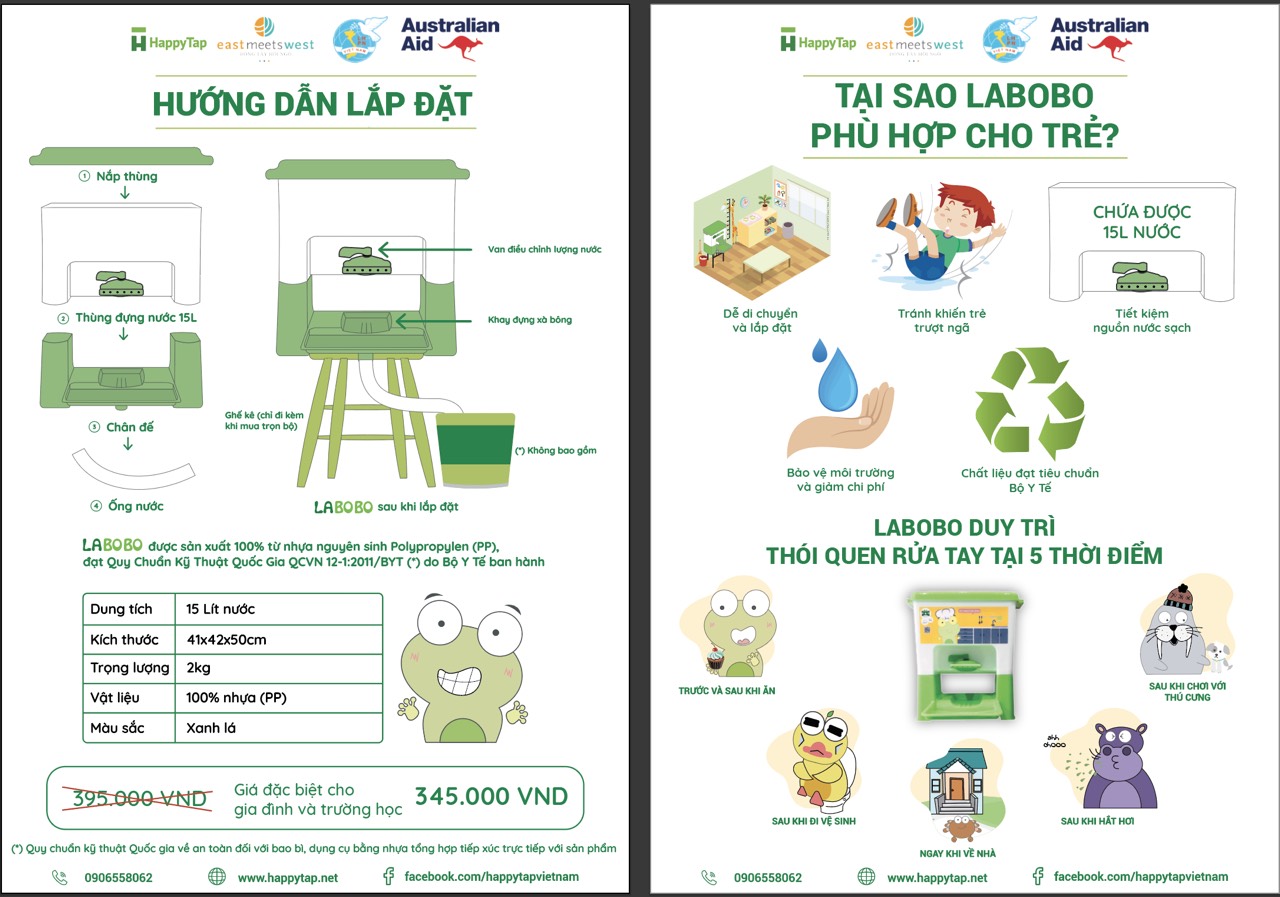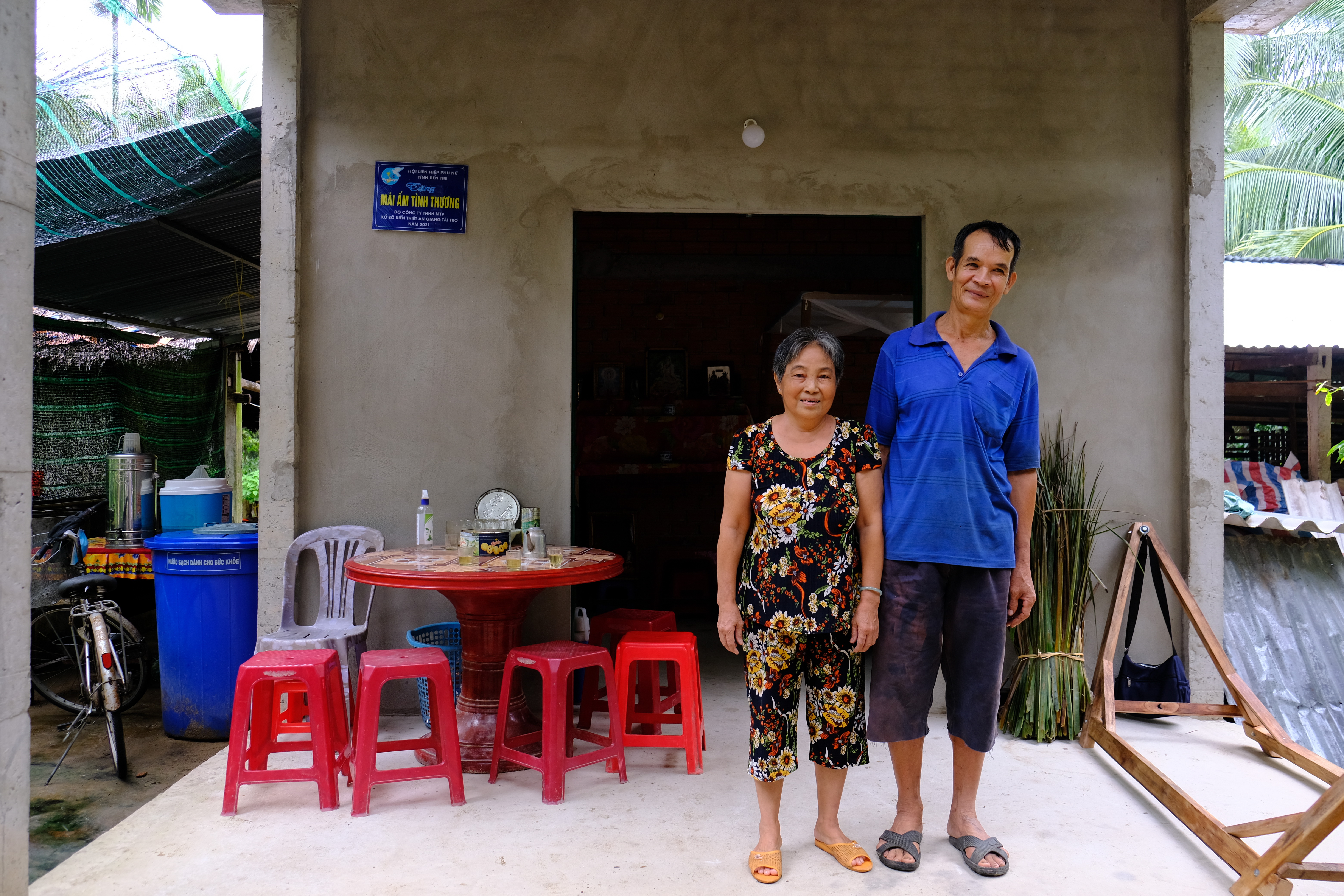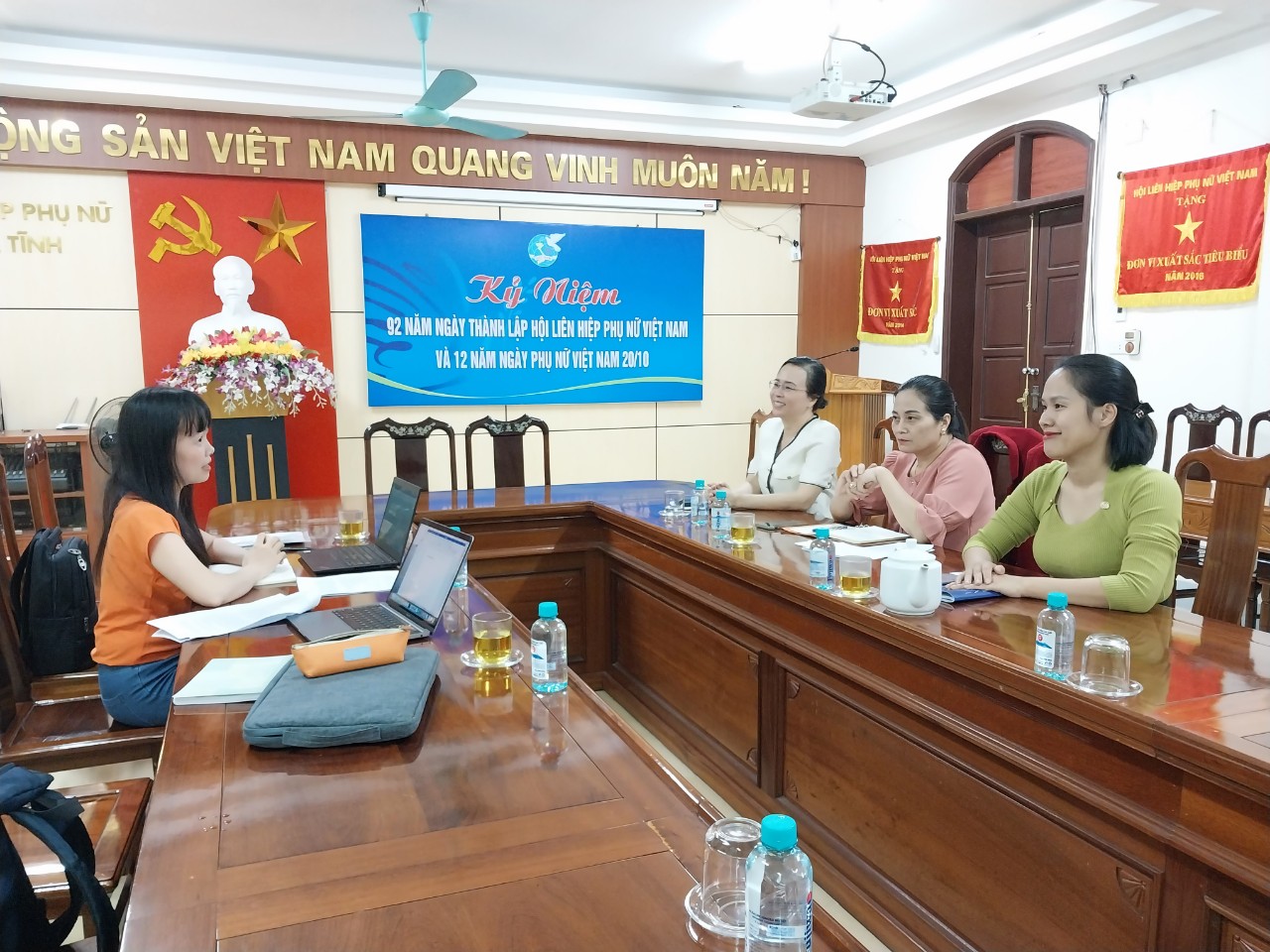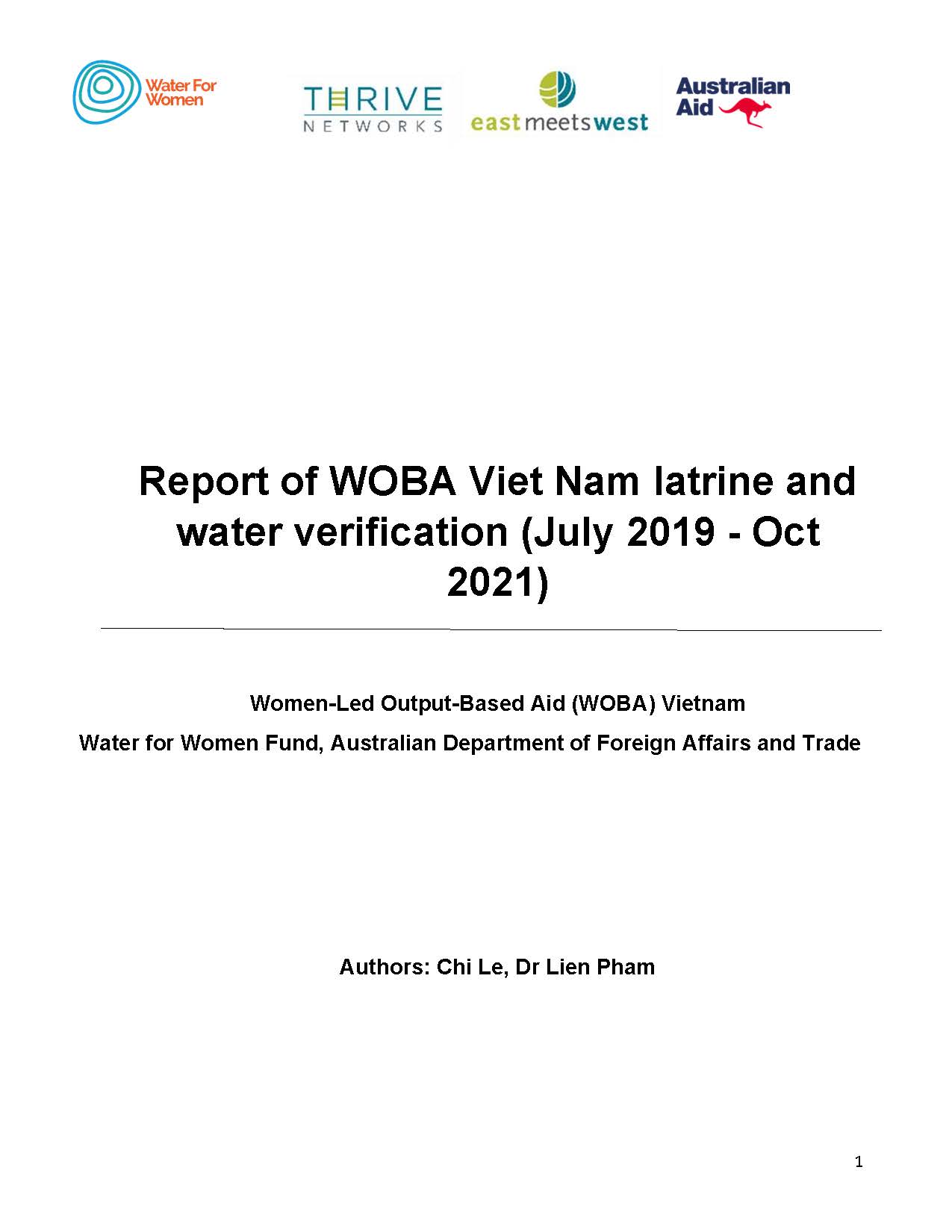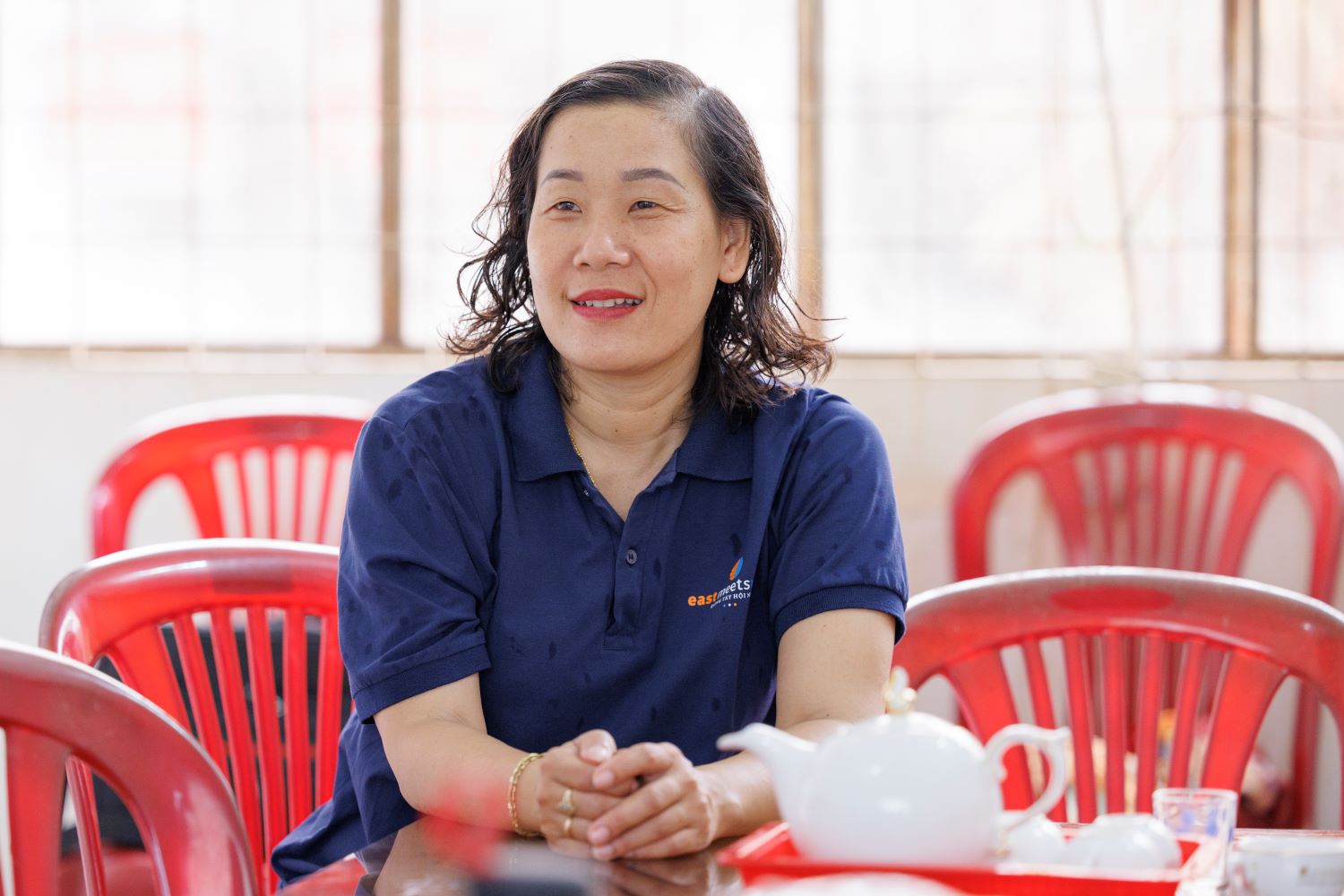The Women-Led Output-Based Aid (WOBA) program in Vietnam was a 4.5-year initiative (2018-2022) that aimed to tackle the challenges and inequities in the rural water, sanitation, and hygiene (WASH) sector of Vietnam. The program was designed and implemented by Thrive Networks/East Meets West Foundation Vietnam and was supported by the Australian Department of Foreign Affairs and Trade (DFAT) through the Water for Women Fund.
WOBA Vietnam had two key objectives:
1. Enhancing access to WASH services, particularly among poor and vulnerable rural communities in Vietnam, through a subsidy payment scheme.
2. Promoting gender empowerment and the inclusion of women in WASH service delivery.




